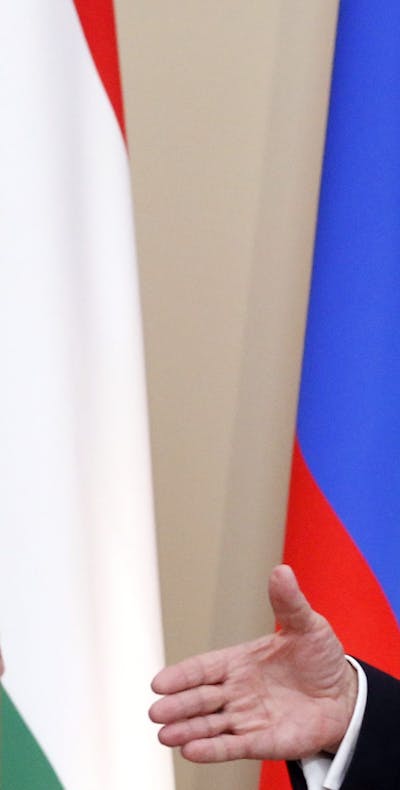
Will human rights survive illiberal democracy?
This collection of nine essays explores the background of the rise of illiberal democracies and its consequences for human rights advocacy, providing perspectives on whether and how human rights NGOs and governments could respond to it.
What is an illiberal democracy?
An illiberal democracy is a democracy in which the rule of law is under pressure. In 1997 Fareed Zakaria published a provocative essay in Foreign Affairs titled “The rise of illiberal democracy” in which he labelled illiberal democracy a growth industry. Twenty years later illiberal democracy – although not always of the variety described by Zakaria – has become firmly entrenched and seems increasingly legitimate throughout the world. Most clearly in states such as Hungary, Poland, and Turkey, where liberal democracy initially seemed to be on the rise.
Democracy, the rule of law and human rights
It is often argued that democracy, the rule of law and human rights are necessarily intertwined and interdependent, since it is difficult for one of them to fully function without the presence of either other. If democracy is turned against the rule of law and human rights, the survival of all three is in peril. The existence of healthy democracies and a robust rule of law is essential for the survival and success of the global human rights movement. The spread of illiberal democracy therefore creates significant questions about the future of human rights. This essay volume discusses how and why illiberal democracies are established, and what this means for human rights advocacy. The essays analyze the current transnational turn towards illiberalism and discuss how governments and NGOs could respond.
Contributors to this Changing Perspectives on Human Rights volume
With contributions from Arch Puddington, Takis Pappas, Sabrina de Regt, Eszter Zalan, Ela Goksun & Sasha Polakow-Suransky, Daniel Hegedüs, Robert Dekker & Tineke Cleiren & Ernst Hirsch Ballin, Otto Spijkers, and Steve Crawshaw.
